‘Offers in the Region of’ and ‘Offers Around’ are, at the time of writing, probably the most common price ‘prefixes’ that you’ll find when you’re looking for a property in Scotland. In the ‘old days’, it tended to be either ‘Offers Over’ or ‘Fixed Price’. Unless you were selling a massive estate with salmon fishing rights and then it was ‘Offers in the Region of £X million’. A few years ago, when the propert market dipped and stalled badly, other agents and some property buyers laughed at us when we started using ‘Offers in the Region of’ for our clients’ properties because it was usually reserved for these higher-value properties.
What Happened to ‘Offers Over’ and ‘Fixed Price’?
The introduction of Home Reports and a continued buyer’s market has had a lot to do with the ‘Offers Around ‘ or ‘Offers in the Region Of’ prefix becoming and remaining so popular throughout the Scottish property market. Home Reports, which property sellers in Scotland must obtain prior to putting their propertyon the market, contain amongst many other things a chartered surveyor’s valuation of the property.
What of ‘Offers Over’? Getting a bidding war started by pricing the property artificially low and then asking for Offers (Well) in Excess of that price just isn’t very easy or successful in most cases as a result of the Home Report valuation being available and the market still favouring the buyer (at the time of writing, June 2011). Unless of course the property is a property of super-high demand and in a great area. ‘Offers Over’ was never popular with buyers! So to choose it as a pricing tactic when the odds are otherwise stacked against you is not advisable in the majority of cases at the moment.
And what of ‘Fixed Price’. The ‘Fixed’ in ‘Fixed Price’, according to surveys we did a few years ago with property buyers, creates an impression of intransigence and unwillingness to negotiate with buyers. As a result, buyers tend to prefer the impression with ‘Offers Around’ or ‘Offers in the Region Of’ that there is some room for negotiation. Of course, ‘Fixed Price’ is anything but ‘Fixed’ and there is of course room for negotiation. However, ‘Fixed Price’ suggests quite strongly that this is the exact price that the buyer wants. As a result, buyers tend to bid below the asking price with a view to working their way up towards the fixed price if necessary.
So, What Does ‘Offers Around’ or ‘Offers in the Region Of’ Actually Mean?
When we started using these price prefixes a few years ago, the chances are that ‘Offers Around’ or ‘Offers in the Region Of’ translated as ‘Offers Slight Below’ the asking price.
However, more recently the property market (in the east of Scotland anyway) has been quite a lot healthier than in the depths of 2008 and 2009. This has meant that we have quite often been seeing the final selling price being in excess of the Home Report valuation and also of the asking price. As a result, sometimes it has translated as ‘Offers Slightly Above’. The reasons for someone bidding more would include lots of interest in the property, development potential or simply a great desire for the property that means that the buyer really wants their offer to be accepted.
‘Offers Around’ or ‘Offers in the Region Of’ means just that: ‘in the region of’. That region can be above or below. However, unlike ‘Offers Over’ (which clearly states that offers must be above) and ‘Fixed Price’ (which usually means that buyer bid below and don’t expect to have to go above the Fixed Price), ‘Offers in the Region Of’ doesn’t dictate which side of the price tag you need to be on: above or below. As a result, it encourages buyers to believe that the seller is more willing to negotiate. As a result, it also means that the seller has more flexibility and likelihood of achieving a price over and above the Home Report valuation or asking price in the event that there is a lot of interest in the property and multiple potential buyers suddenly competing for it.
So How Much Should You Bid on a Property That is ‘Offers Around’ or ‘Offers in the Region Of’?
Quite simply, to hark back to what my dad said when I was a kid and asked, ‘What’s that worth, dad?’: something is worth what somebody is prepared to pay for it!
If a property is Offers in the Region of £110,000, has been on the market for 6 months and is in prime first time buyer territory, it might mean a bit less than the asking price. If it’s Offers in the Region of £500,000 and is a splendid family home with four bedrooms in one of the most desirable areas of a city, it might mean quite a bit more than the asking price.
The same factors that affect price generally will affect how much you should bid: how much competition there is for the property and how motivated the seller is to sell. If the seller is facing repossession and financial ruin unless they sell the property and have the money in their hand within four weeks, that person is more likely to negotiate than if they have had 50 people view the property in the first week and several of their solicitors have already been in touch with the seller’s solicitor to discuss offers.
Remember that, just because somebody is asking for a certain price, that doesn’t necessarily mean that it’s worth anything like that! Many sellers still have expectations that far outweigh the reality of what the property market will currently support.
Equally, just because the seller thinks that their property is only worth a certain amount, that doesn’t mean that every buyer out there will agree that it’s only worth that amount and you could still find yourself out-bid, much to the seller’s surprise!
Finally, the Home Report can still be ‘wrong’ when it comes to market value. Chartered surveyors are experts in the field of property valuation, but it’s still possible for them to get it a little bit ‘off’ or for the market to shift between them doing the survey for the Home Report and you actually looking at the Home Report valuation. So do have a look at what’s on the market and what has sold recently in the surrounding area, speak to a property buying expert and do make your own judgement as to whether the Home Report value is correct. Bear in mind that you are possibly more of an expert than your solicitor since you’ve quite possibly been tracking every property selling price in the area for several months or years. The internet and access to Land Registry data through free-to-access websites has been a great leveller in the last few years when it comes to this and there is no substitute for local knowledge! If after all this you think that the Home Report might not reflect what you think the property is worth, you might want to instruct your own survey even though that will cost you money.
At the end of the day, the key principle is this: no matter what the price prefix, the property is only worth to you what you are prepared to pay for it. However, the guidelines above will at least give you some guidance as to what was in the seller’s mind, and that of their estate agent, when they put their property on the market. I hope that it’s been useful.

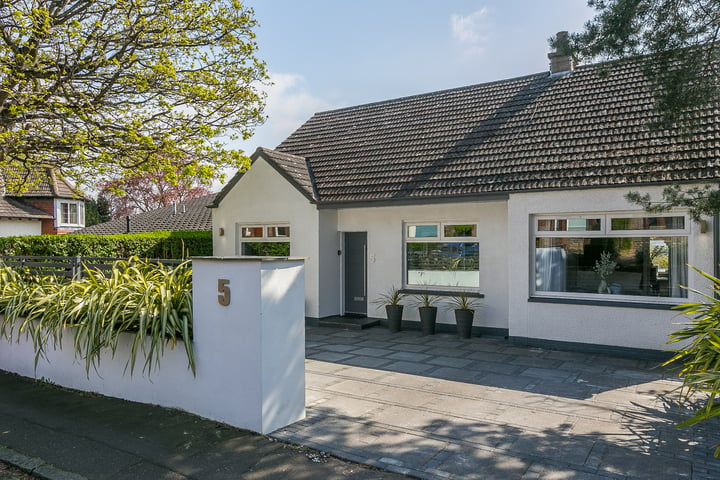
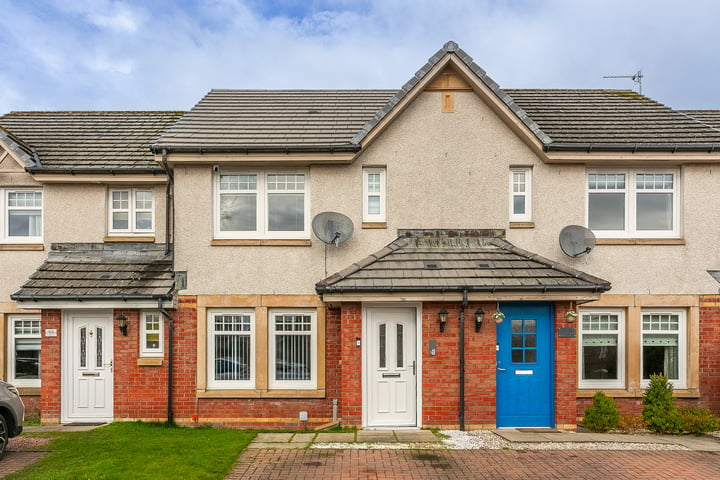
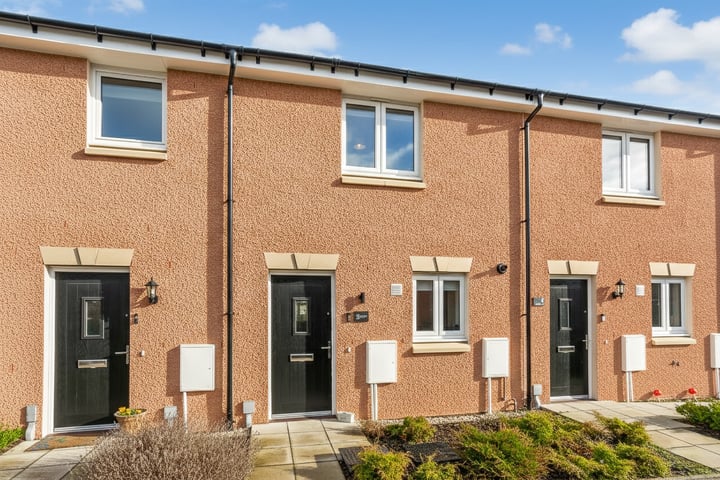
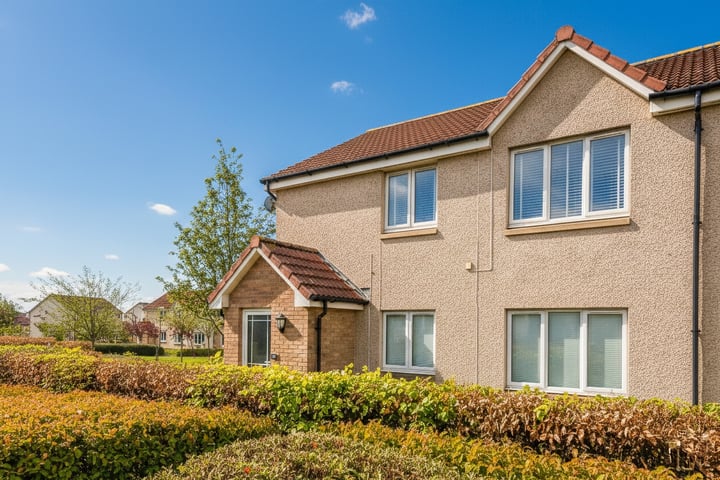
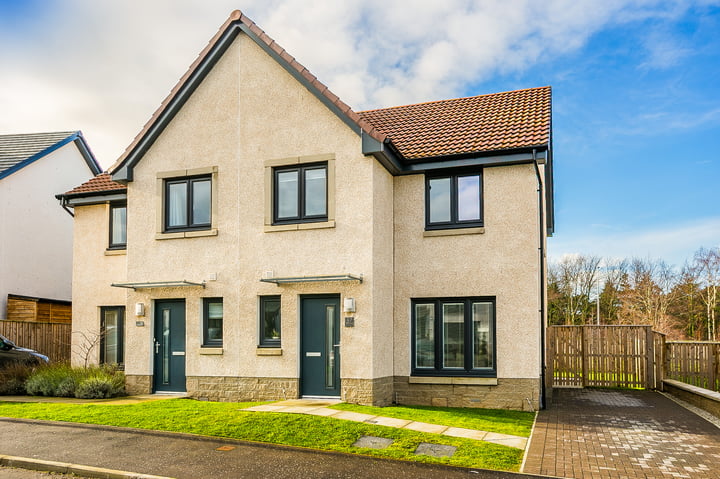
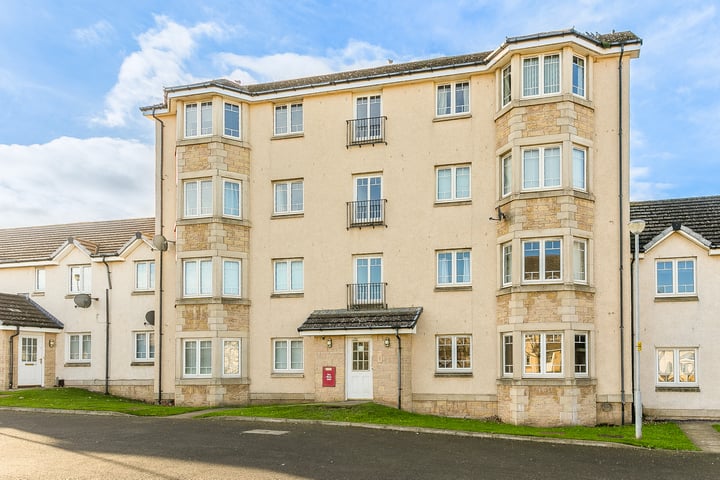
Leave a Reply